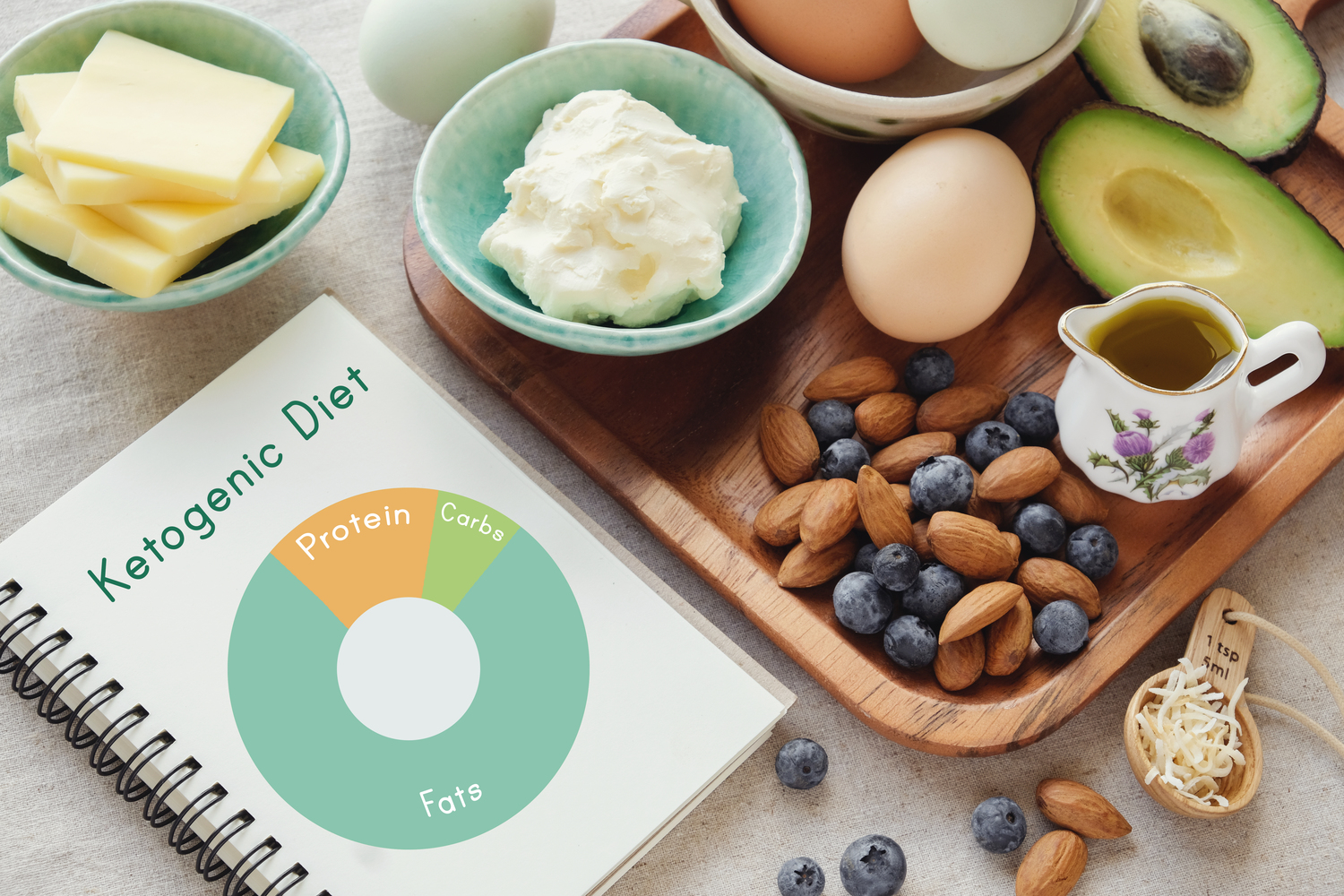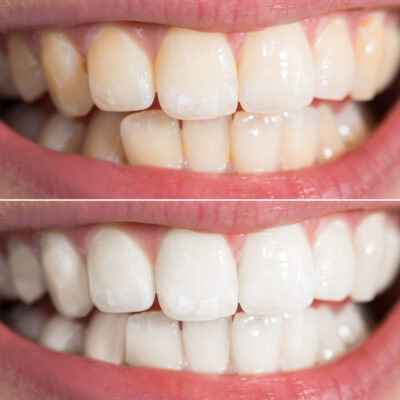
The Risks of Following a Keto Diet
The keto diet plan is not for everyone because it has certain risks that must not be overlooked when researching and deciding to take it up. Keto is a high-fat and low-carb diet that helps you convert fats into energy, making you lose a lot of weight quickly. It makes the body enter a stage called ketosis, which is the body’s metabolic adaptation for survival. The body starts to break down ketones that are produced by the liver from fats instead of breaking down glucose or sugar from carbs.
To arrive at this stage of ketosis, you will need to follow a diet with 75% of your total calories from fats through foods like dairy products, fatty fish, meat, oils, butter, low-carb vegetables, seeds, and nuts. Here are some side effects of following this diet :
1. Keto flu
There are reports of people becoming affected by the keto flu in the initial stages of beginning a keto diet. This may be accompanied by gastrointestinal distress, lethargy, fatigue, and nausea. This lasts only for a few days, but as many as 25% of the people who start a keto diet can go through these symptoms. Fatigue is the most common side-effect because the body is drained of sugar for burning energy and must start using fat. This transition is what makes the body feel very tired for the first few days. The best way to deal with this is to keep yourself well hydrated and rest a lot.
2. Diarrhea
Diarrhea is very common among the followers of this diet. This is usually because of the gallbladder, which is supposed to produce bile for fat breakdown, but in this case, it becomes overburdened. Diarrhea can also be because of fiber deficiency in the diet since you will be cutting down on your carbohydrate intake drastically. While one eliminates pasta and bread from their meals, they often fail to replace these with other fiber-rich alternatives like green vegetables. Finally, this side effect may also occur because of lactose intolerance or due to artificial sweeteners.
3. Poor athletic performance
Some athletes swear by this diet for improving their performance and helping in weight loss, but at the same time, reports suggest that some participants perform worse when they are on this diet, especially those who are into running and high-intensity cycling. This may be because the body becomes more acidic when it enters ketosis, and this restricts its ability to do well.
4. Ketoacidosis
When you are suffering from type 1 or type 2 diabetes, a keto diet is the last thing you should try. You should do so only after consulting a doctor and under close supervision. Ketosis may benefit people with hyperglycemia, but blood glucose levels need to be monitored at all times as ketosis can trigger ketoacidosis in people with diabetes. This happens when the body stores excess ketones and the blood turns acidic, damaging the kidneys, liver, and brain. This can also become life-threatening if not treated in time.


